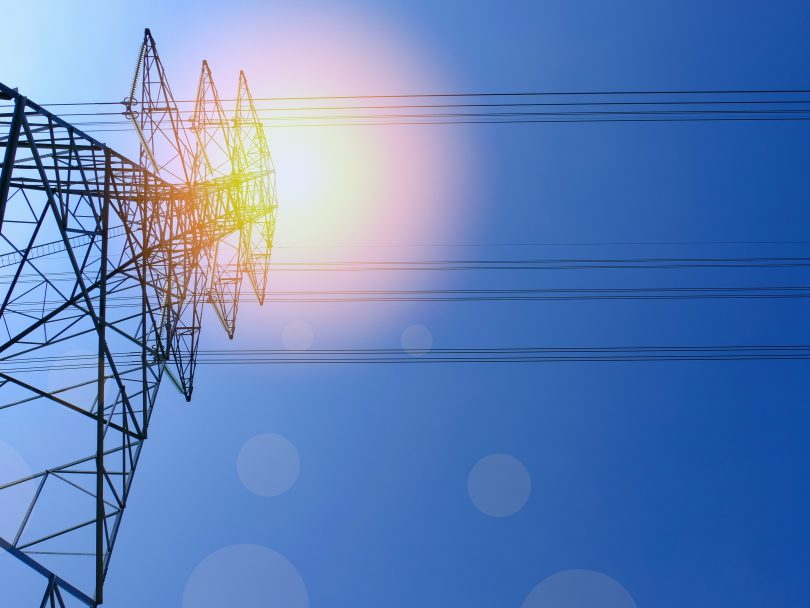By Kent Singer, Executive Director
In most parts of the United States, regional transmission organizations (RTOs) or independent system operators (ISOs) oversee the regional transmission system and operate wholesale electricity markets. These nonprofit entities determine power requirements, on a day-to-day and hour-to-hour basis, and dispatch power from the most efficient units. They also set transmission rates across lines owned by multiple utilities and plan the regional transmission system.
These companies, such as the Southwest Power Pool, the Mid-Continent Independent System Operator and the California Independent System Operator, were created by groups of electric utilities in the various regions of the country to reduce costs to consumers by maximizing the efficiencies that can be achieved with multiple sources of power generation and transmission capacity. They also enable utilities to incorporate more renewable energy into their power supply mix by providing a system where the resources of one utility or power marketer are more easily accessed by another utility.
Colorado’s electric utilities, including the electric co-ops, do not operate within the boundaries of an RTO or ISO, although co-op power supplier Tri-State Generation and Transmission Association operates within an RTO outside of Colorado. For a variety of reasons, Colorado and its neighboring states have not created a regional electricity market despite the benefits that could be realized by electricity consumers. The largest electric utilities in Colorado worked together for several years, and it appeared that an RTO would be expanded to include Colorado, but ultimately the effort failed when one large utility pulled out.
Currently, the Colorado Public Utilities Commission is soliciting comments in a proceeding that stems from the passage of S.B. 19-236 during last year’s legislative session. One provision of that bill, the “Colorado Transmission Coordination Act,” required the commission to initiate an investigation into the merits of an RTO or ISO and report back to the legislature.
Many parties, including several electric co-ops and the Colorado Rural Electric Association, filed comments in that proceeding in favor of the creation of an RTO that would include Colorado’s electric utilities. Reasons given for supporting a regional market include greater access to lower cost resources; the elimination of transmission “pancaking” costs; and opportunities for the integration of additional renewable generation. In this proceeding, there is near-unanimous support by electric utilities, environmental groups and other stakeholders for the creation of an RTO.
While the discussion of this issue by the Colorado PUC is important, the Colorado legislature should also weigh in and pass legislation that would move Colorado electric utilities toward an RTO in a more expedited manner. Other states have passed similar legislation to spur the move toward an organized electricity market, and the Colorado General Assembly should follow their lead.
Of course, there are costs associated with the creation of a new RTO or expansion of an existing RTO that has to hire employees and incur other expenses so it can provide service to Colorado electric utilities. In the other parts of the country where RTOs have been established, these costs have been outweighed by the savings that are possible with a more efficient dispatch of generation and transmission resources.
With the adoption of H.B. 19-1261 last year, the Colorado legislature established aggressive requirements for electric utilities to significantly reduce their carbon emissions over a short period of time. A regional electricity market is a necessary tool to enable utilities, including electric co-ops, to reach those goals. We urge the Colorado legislature to act this year to help establish an RTO for Colorado electric utilities.
Kent Singer is the executive director of the Colorado Rural Electric Association and offers a statewide perspective on issues affecting electric cooperatives. CREA is the trade association for your electric co-op, the 21 other electric co-ops in Colorado and its power supply co-op.

